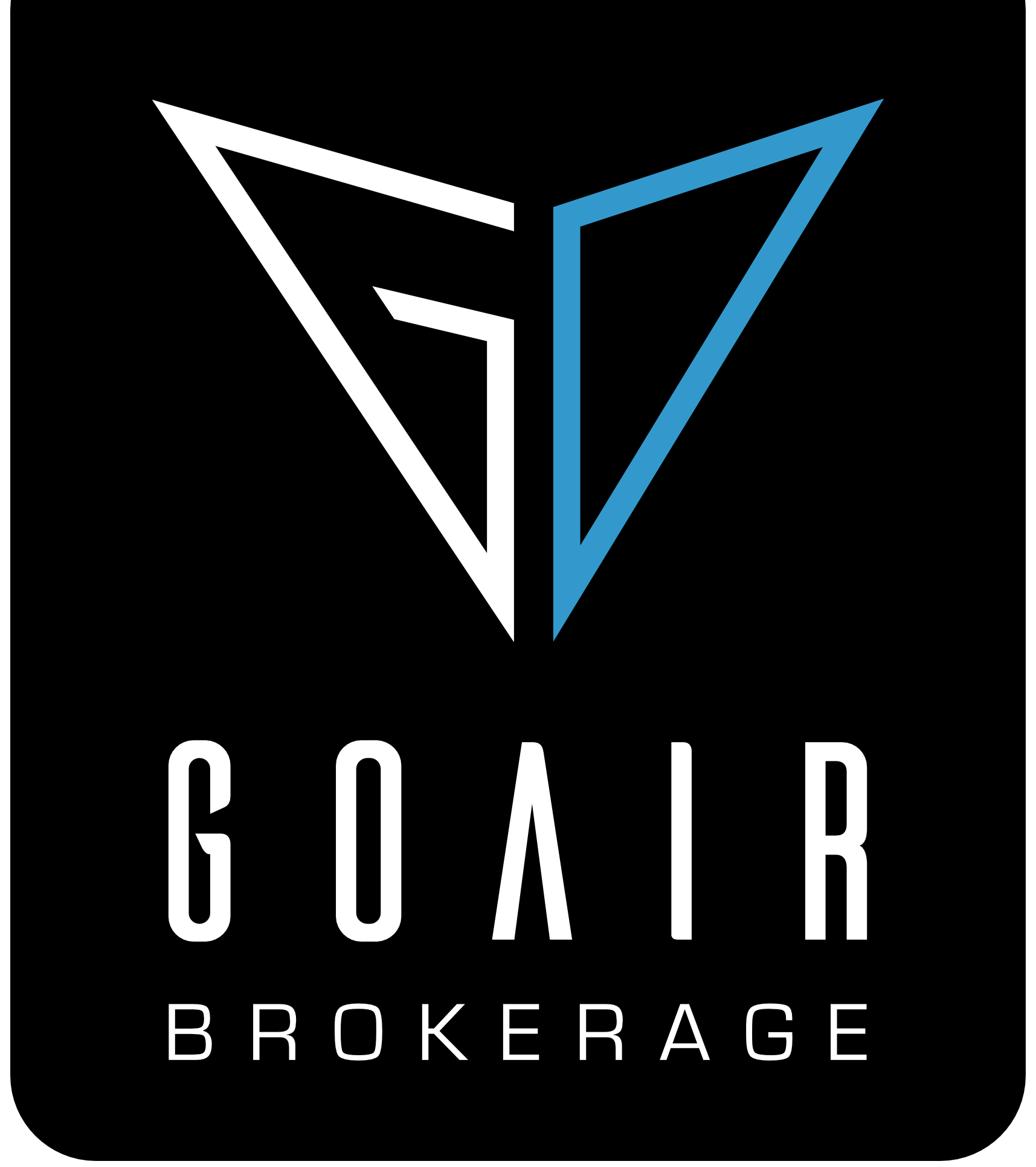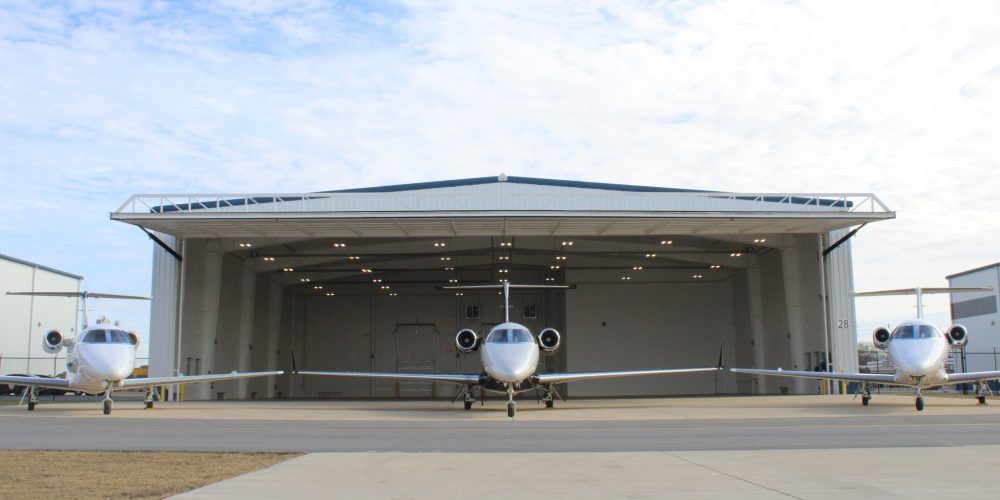Are you in the market for a commercial aircraft? Whether you are looking to invest, upgrade your current fleet, or purchase your first plane, there are many factors to consider when buying a commercial aircraft. With so many options available and significant financial investments at stake, it is important to have a guide that can help navigate through this process. In this article, we will explore the key considerations when searching for commercial aircraft for sale and provide valuable insights on how to make an informed decision. So buckle up and get ready to learn about investing, upgrading, and purchasing commercial aircraft!
Understanding Commercial Aircraft For Sale
Commercial aircraft are essential in the transportation industry, allowing people and goods to travel across long distances efficiently. If you’re interested in purchasing a commercial aircraft, there are several important factors that you need to consider. There are various types of commercial aircraft available on the market, each with its own unique features and capabilities. The most common types include narrow-body planes (such as Boeing 737 or Airbus A320), wide-body planes (like Boeing 777 or Airbus A380), regional jets (such as Embraer E-Jets or Bombardier CRJ series), and turboprop airplanes (like Beechcraft King Air or Pilatus PC-12). It’s crucial to understand your specific needs before deciding which type is suitable for your business.
When it comes to buying a commercial aircraft, one must decide between purchasing a new plane from the manufacturer or opting for a used one from another owner. While new planes offer advanced technology and customization options, they come at a higher cost. On the other hand, used planes may have lower upfront costs but could require more maintenance expenses in the long run.
Maintaining an airplane is not only necessary for safety reasons but also plays a significant role in its overall performance and longevity. Before making any purchase decisions, it’s vital to research maintenance requirements such as regular inspections, repairs/upgrades needed over time, availability of spare parts, etc., associated with different models of commercial aircraft.
As with any major investment involving aviation equipment, regulations play an integral part when considering buying a commercial airplane. Depending on where you plan to operate your plane, certain certifications may be required by regulatory authorities like the Federal Aviation Administration(FAA) in the US or the European Aviation Safety Agency(EASA) in Europe. It’s essential to understand these regulations and ensure that your chosen aircraft meets all necessary requirements.
Purchasing a commercial airplane is a significant investment, and it may not be feasible for everyone to pay upfront cash. In such cases, financing options are available through banks, leasing companies, or manufacturers themselves. However, each option comes with its own set of terms and conditions that must be carefully evaluated before making any decisions.
Investment Opportunities In Commercial Aircraft: ExploringThe Lucrative Market
The aviation industry has seen significant growth in recent years, with an increasing demand for air travel and cargo transportation. This trend is expected to continue as more people opt for air travel due to its convenience and efficiency. As a result, there are numerous investment opportunities available in this sector, particularly in commercial aircraft.
Commercial aircraft refer to airplanes that are used for passenger or cargo transportation on a regular basis. These include narrow-body, wide-body, and regional jets operated by major airlines around the world. Investing in these types of aircraft can be highly profitable if done correctly. In this article, we will explore some key details about investing in commercial aircraft. There are various ways one can invest in commercial aircraft depending on their budget and risk appetite. Some common options include purchasing shares of airline companies or leasing out individual planes to operators.
Another popular option is through asset management firms that specialize in buying and managing portfolios of commercial aircraft on behalf of investors. These firms handle all aspects of ownership such as maintenance costs, lease agreements, insurance coverage, etc., making it a hassle-free investment opportunity. One main benefit of investing in commercial aircraft is the potential for high returns. With global air traffic projected to double over the next 20 years according to Boeing’s Current Market Outlook report (2019), there is no shortage of demand for new planes which translates into higher resale value.
Moreover, unlike other industries where assets depreciate quickly over time, well-maintained airplanes have longer lifespans resulting in lower depreciation rates thus preserving their value better than most investments. As with any investment opportunity, there are risks involved when investing in commercial aircraft too. The primary risk is fluctuating fuel prices which directly affects operating expenses leading to reduced profits or even losses during economic downturns. Additionally, geopolitical tensions, natural disasters, or pandemics can also impact air travel and cause a decline in demand for flights. However, these risks can be mitigated by diversifying investments across different airlines and aircraft types.
Upgrading And Modernizing Commercial Aircraft: A Detailed Look At The Process
Commercial aircraft play a crucial role in modern transportation, carrying millions of passengers to their destinations every day. However, with advancing technology and changing regulations, it is important for airlines to constantly upgrade and modernize their fleet in order to stay competitive and ensure passenger safety.
The process of upgrading and modernizing commercial aircraft involves several steps that require careful planning, execution, and testing. The first step in this process is identifying which areas of an aircraft need upgrades or modifications. This can be based on factors such as new safety regulations, technological advancements, or feedback from pilots and maintenance crews.
Once the need for upgrades has been identified, a thorough plan must be created outlining the specific changes that will be made to the aircraft. This includes determining the timeline for completion, budget allocation, sourcing necessary parts or equipment, and coordinating with regulatory authorities.
Then comes the installation/modification stage which involves physically installing or modifying components of the aircraft according to the planned upgrades. This may include replacing outdated systems with newer ones or adding new features such as improved avionics systems. After installation/modification is complete, rigorous testing procedures are carried out by trained technicians to ensure all upgraded components are functioning properly before being put into service.
Before any upgraded commercial aircraft can fly again commercially, it must go through a certification process conducted by aviation regulators such as the Federal Aviation Administration (FAA) in the USA or the European Union Aviation Safety Agency (EASA). These agencies review all documentation related to upgrades/modifications along with test results before granting approval for flight operations.
In addition to obtaining regulatory approvals, airline staff including pilots, cabin crew members, ground personnel, etc., also undergo training programs designed specifically around newly installed/upgraded systems. This ensures that they are familiar with the changes and can operate them safely.
Where To Find Commercial Aircraft For Sale:
There are several ways to find commercial aircraft for sale, but not all of them guarantee quality or reliability. Here at GO Air Brokerage, we pride ourselves on providing our clients with top-notch service and only the best planes available on the market.
- Online Listings: One way to search for commercial aircraft is by browsing online listings from various sellers. However, this can be time-consuming and may not always provide accurate information about the condition of the plane.
- Auctions: Another option is attending auctions where airplanes are being sold off. While this may offer some good deals, it also comes with risks as there is often little opportunity to inspect or test out the airplane before purchasing.
- Through Brokers: Working with an experienced broker like GO Air Brokerage can save you time and hassle when searching for a commercial aircraft. We have access to a wide network of reliable sellers and thoroughly vet each plane before presenting it to our clients.
Why Choose GO Air Brokerage?
At GO Air Brokerage, we understand that purchasing a commercial airplane is a significant investment that requires careful consideration. That’s why we strive to make the process as smooth and stress-free as possible by offering personalized assistance every step of the way. When looking for a commercial aircraft for sale, trust GO Air Brokerage to help you find exactly what you need within your budget. With our expertise in aviation sales and dedication to customer satisfaction, we are confident that we can assist you in finding your dream airplane.

